Differences and similarities between words
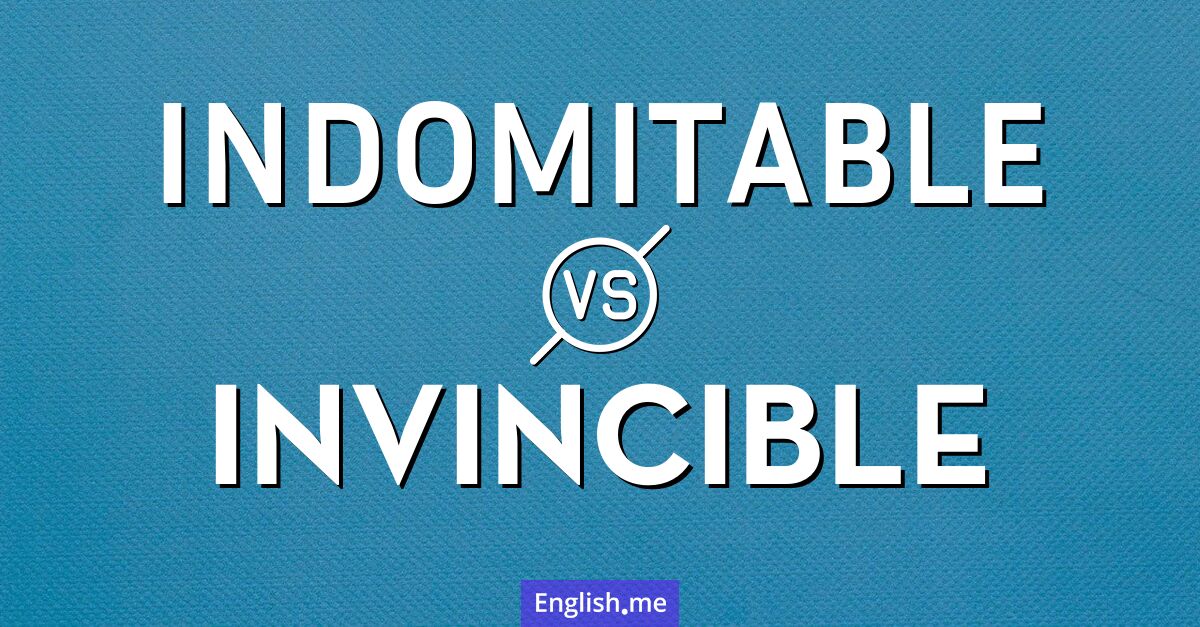
"Indomitable" vs. "invincible": when strength meets resilience
"Indomitable" means impossible to subdue or defeat, but carries connotations ... Learn more →

"Ethics" vs. "principles": where values align and diverge
"Ethics" usually refers to a system of moral values or ... Learn more →
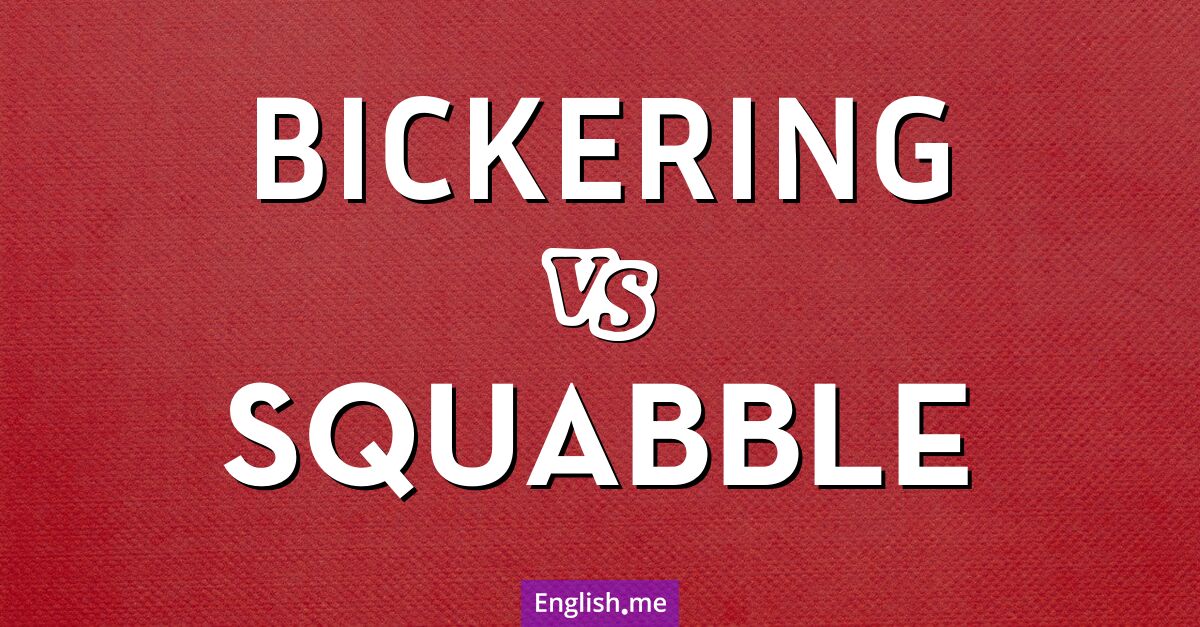
"Bickering" vs. "squabble": how are they different?
"Bickering" is typically used as a verb or noun to ... Learn more →
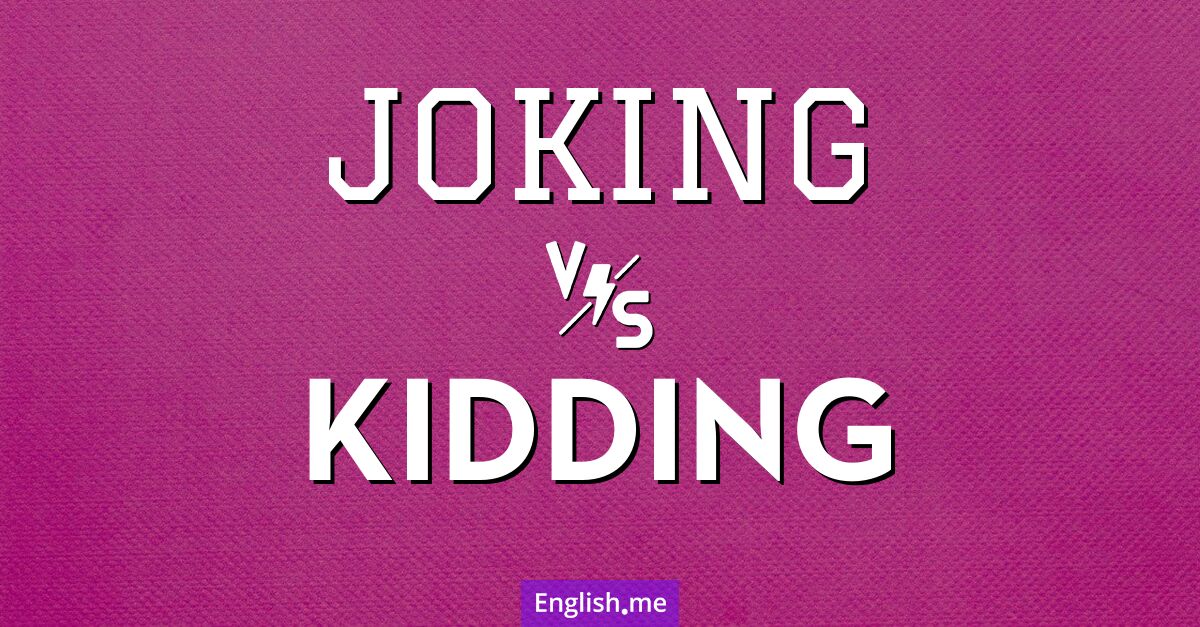
"Joking" vs. "kidding": what's the real difference?
"Joking" can refer more broadly to telling jokes or being ... Learn more →
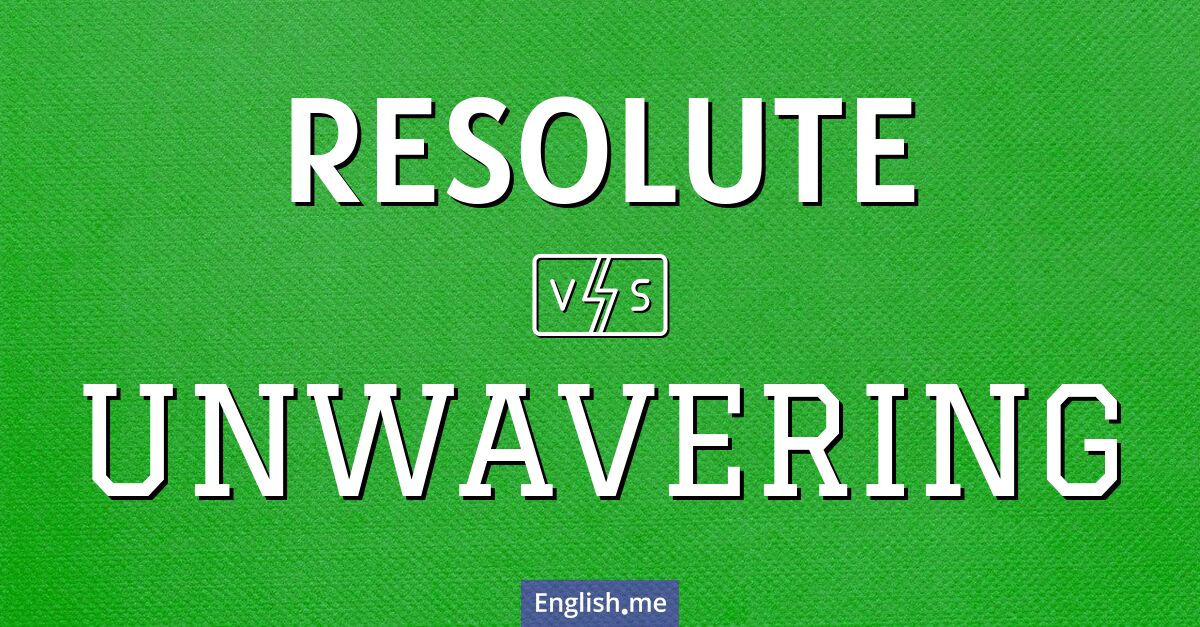
"Resolute" vs. "unwavering": a study in steadfastness
"Resolute" typically emphasizes having a determined mindset or being purposeful ... Learn more →
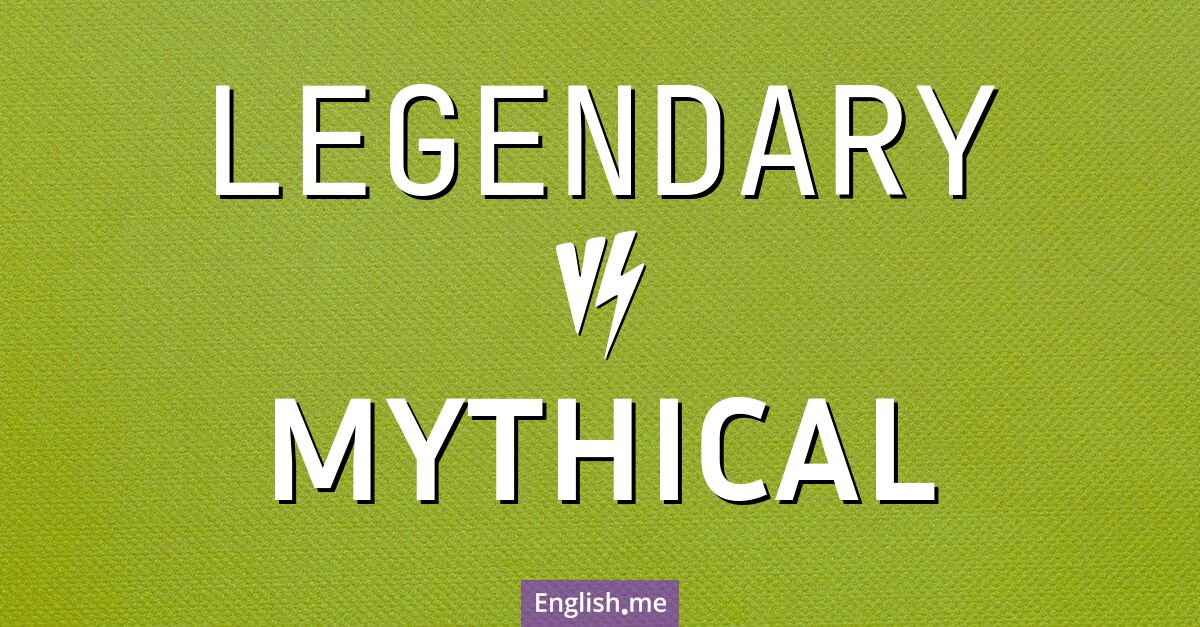
"Legendary" vs. "mythical": how these words set stories apart
"Legendary" typically emphasizes fame or renown, describing someone or something ... Learn more →
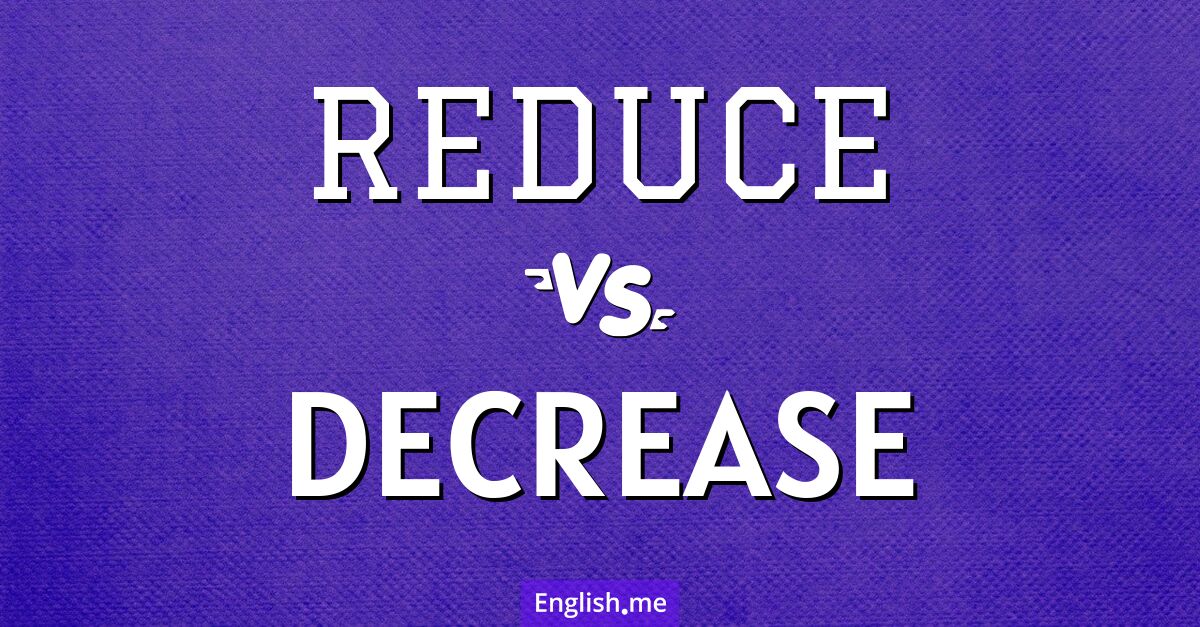
"Reduce" vs. "decrease": what's the difference?
"Reduce" generally refers to the act of making something smaller ... Learn more →
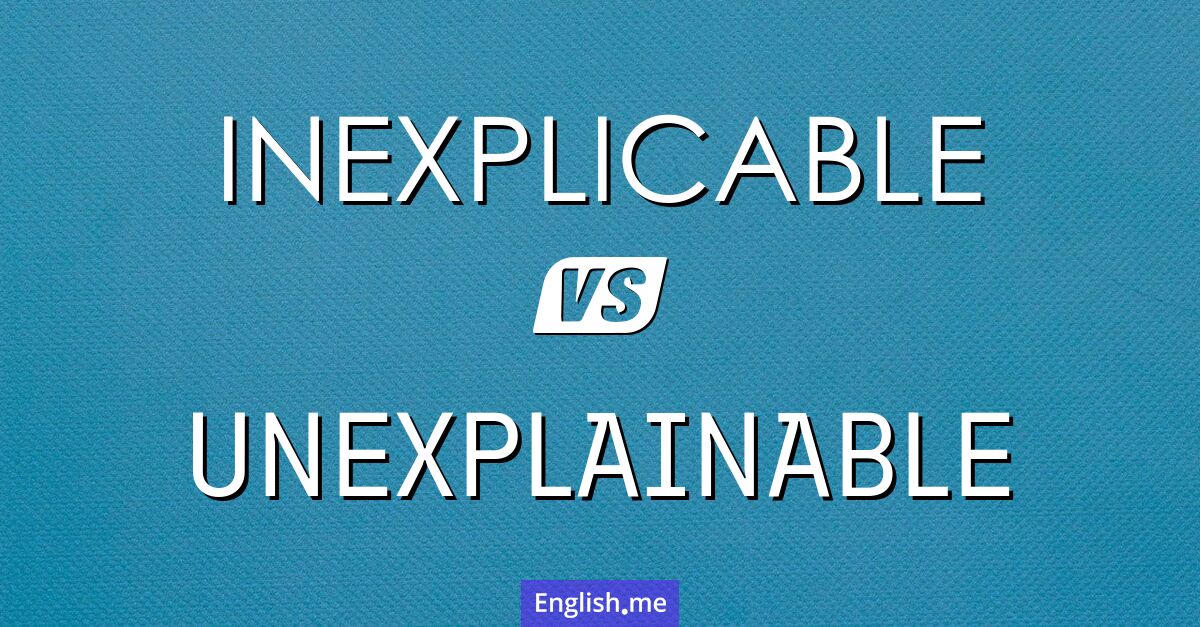
"Inexplicable" vs. "unexplainable": are they really the same?
Inexplicable tends to imply an intrinsic or inherent quality of ... Learn more →
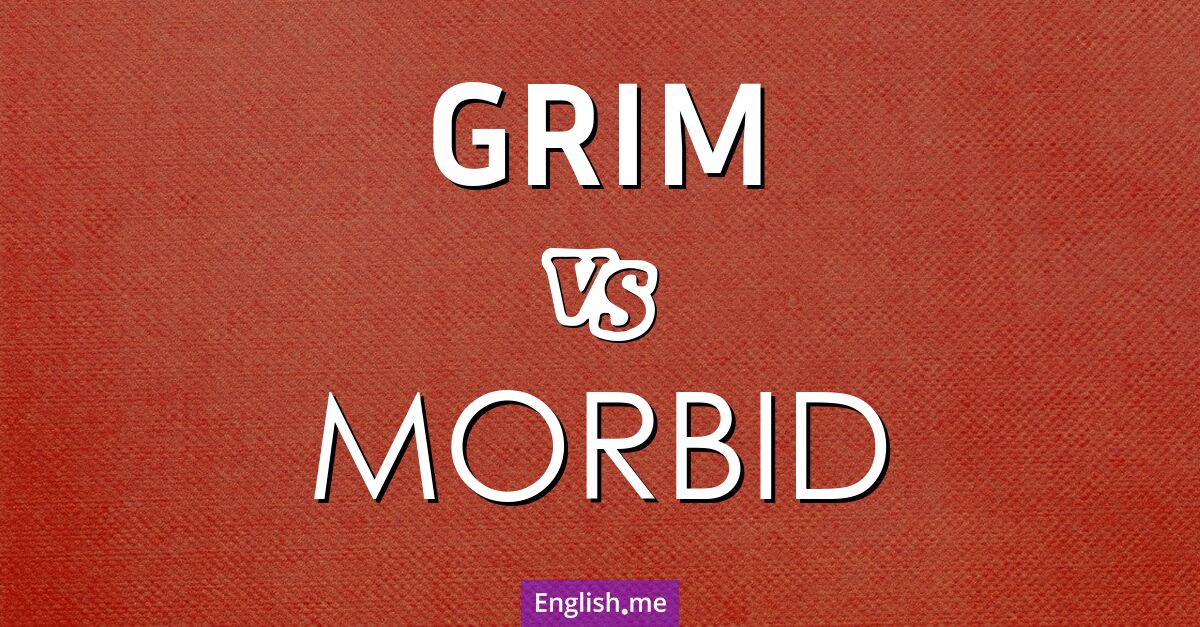
"Grim" vs. "morbid": where darkness divides
"Grim" usually refers to something serious, harsh, or uninviting, such ... Learn more →
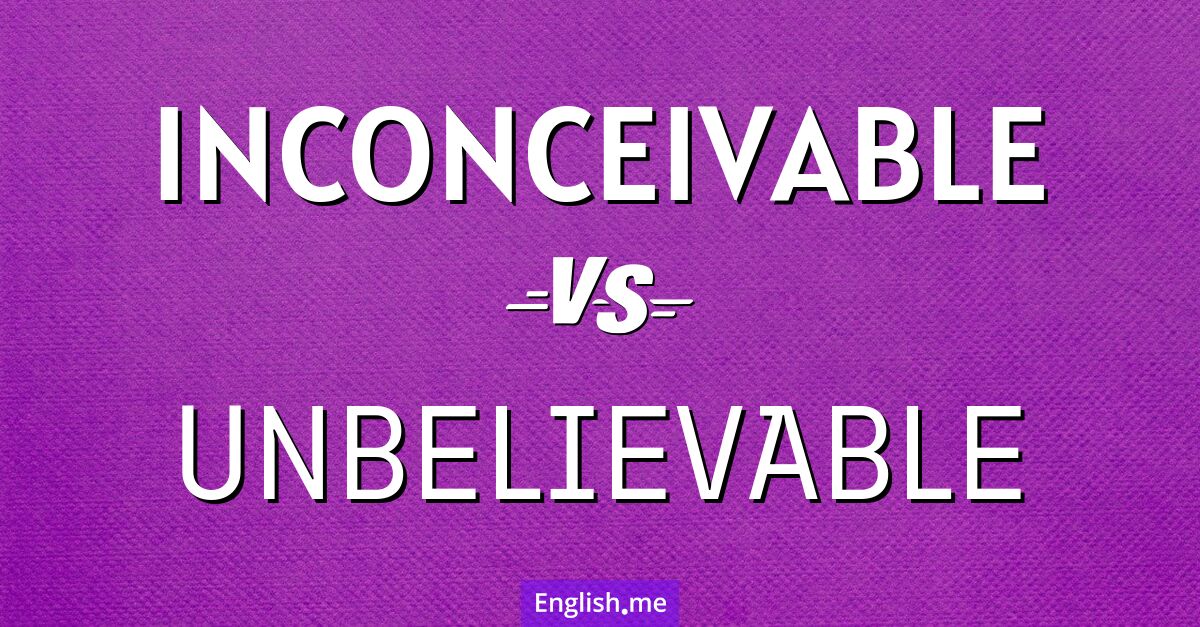
"Inconceivable" vs. "unbelievable": how close are they?
Inconceivable emphasizes something that cannot be thought of or imagined ... Learn more →

 English
English español
español française
française italiano
italiano deutsche
deutsche 日本語
日本語 polski
polski česky
česky svenska
svenska Türkçe
Türkçe Nederlands
Nederlands